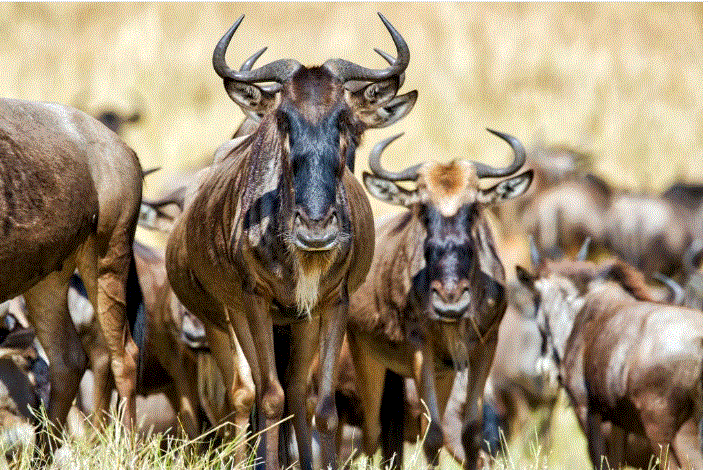Wildebeest, the iconic African antelopes known for their great migrations, are facing genetic implications for their long-term survival due to disruptions in their migratory routes, according to new research.
Traditionally, wildebeest migrate across the grasslands of eastern and southern Africa in search of grazing, water, and suitable areas for calving. However, their routes are increasingly being interrupted by various human activities such as roads, pipelines, railways, fences, and urban development.
A recent study has revealed that these disruptions to the migratory routes are impacting the genetic health of wildebeest populations. The research indicates that wildebeest populations that no longer migrate are exhibiting signs of genetic decline compared to those that continue their migratory patterns.
The findings suggest that wildebeest populations that have become sedentary are experiencing reduced genetic diversity and increased inbreeding. This genetic isolation makes them more vulnerable to health issues such as lower survival rates, reduced fertility, and other detrimental effects on their overall well-being.
The study highlights the importance of preserving the natural migration routes of wildebeest to maintain their genetic health and long-term survival. It warns against the potential consequences of further disruptions caused by new infrastructure projects, uncontrolled development, and human population growth in critical ecosystems like the Serengeti-Mara region.
Efforts to mitigate the impact of human activities on wildebeest migration routes are crucial to ensure the continued survival of these iconic African animals and the ecological balance of their habitats.







